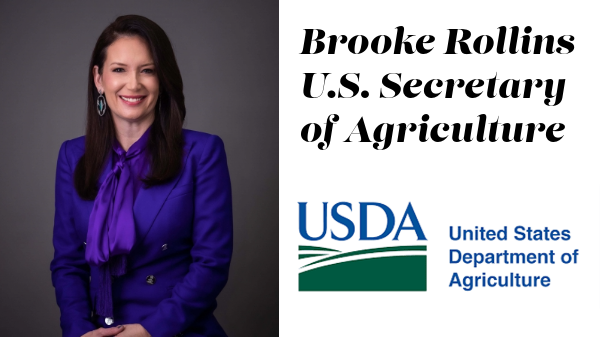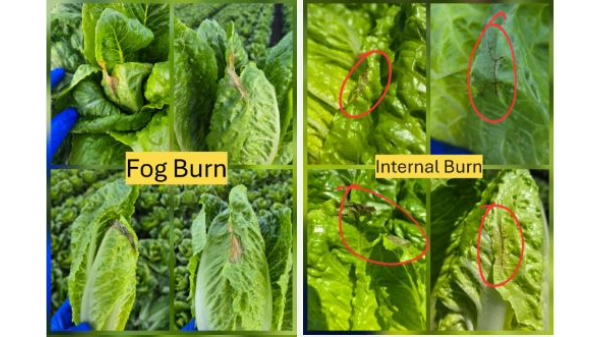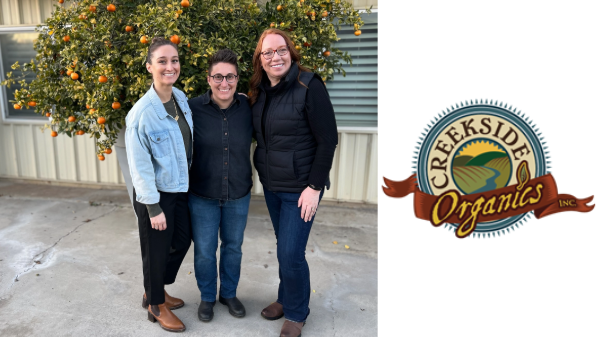Welcome to Blue Book!
Are you ready to join the thousands of companies who rely on Blue Book to drive smarter decisions? View our plans and get started today!
Still have questions? We’d love to show you what Blue Book can do for you. Drop us a line– we’ve been waiting for you.

Joe Rubini, president of Toronto-based Rally Logistics, Inc., says some of today’s younger people are finding their way into transportation-related careers because of logistics courses at colleges and universities. “People now recognize that logistics is an integral part of any company’s success.” Others see logistics as a desk-job alternative to being a driver on the road much of the time. “The hard thing,” Rubini stresses, “is finding people willing to put in the time and effort to be successful at it.”
Education Is Key
As with most problems, the key seems to lie in education. Attracting more young people to agriculture-related fields and finding the best and the brightest to work in the industry is a problem many Canadian universities and recruiters have been working on for years.
Dr. Robert Gordon, dean of the Ontario Agricultural College at the University of Guelph, has seen a significant increase in applications and enrollment in agricultural programs, as much as 30 to 35 percent, over the past three to four years. The influx of interest has led the university to raise the admission grade point requirements for many of the programs. “We’ve been working very hard on our recruiting efforts and how we liaise and highlight available opportunities in the agriculture and food sectors,” he says. As a result, Gordon says there have been more applications from a wide range of students who are now considering a career in agriculture and food.
Types of degrees have also evolved as the agricultural field has grown with technology. “What we’ve done over the past few years,” Gordon explains, “is attempted to tailor our academic programs to meet the evolving external needs of the agricultural and food sectors. At one end of the spectrum, we have a Bachelor of Science in Agriculture,” he says. “At the other end, we offer a Bachelor of Commerce in Agricultural Business.”
Gordon explains that students have the option to tailor course selections based on their ultimate career goals. “We’ve been very successful at allowing students to define where they see themselves going—research, business, etc.
We also have a Bachelor of Bio-Resource Management, which includes a mix of business management principles with science-based disciplines. That’s very unique and useful.”








